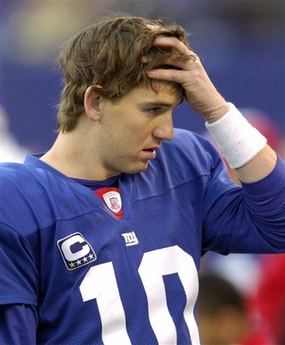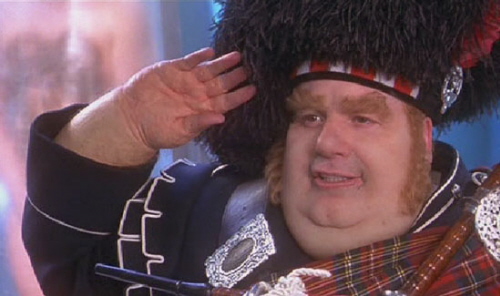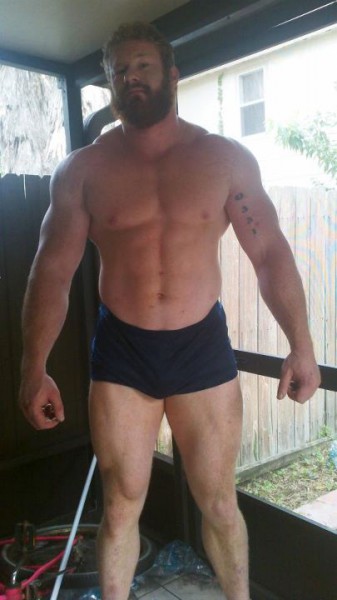Ah the internet; it makes everyone an expert. It, for some reason, gives people the impression that other people give a shit about their opinion and reflects the growing individual narcissism in western culture.
Over the years I’ve noticed how an athlete will achieve some success in training or competition and have the narcissism to think that they need to start preaching to their fans. And I don’t mean, “Hard work pays off, ya’ll” (which would be equally annoying), but crappily coaching or teaching things that are largely based on their personal observation for what worked for them. While being a good competitor can be a segue into being a good coach, the former does not imply the latter.
Just because you can do it doesn’t mean you can teach or coach it.
Performance and coaching are two very different things, but for some reason athletic success gives the athlete the impression that they are an expert. Coaching is an orgy of art, science, communication, personality, creativity, and tact. To do it well is a very rare thing.
Yet it happens: an athlete experiences a bit of success and are suddenly in the world giving advice, speaking definitively, and taking people’s money. Let me be clear that I don’t care that they are entering the “field” that I work in. What bothers me is that the advice or products they expunge are vapid and fair at best.
You may be reading this with a particular offending person in mind, but my observations aren’t directed at an individual. As a coach — and one who studies and practices the craft on multiple levels — it’s just silly to see an athlete suddenly decide that their success puts them on a pedestal. But this isn’t about me just being irritated, this is about you not being duped.
When you spend your money and time — the latter of which is arguably the most important — learning from someone, make sure it’s because they can provide you with effective knowledge that challenges you to get better. Don’t go to them just because they can bench press more or do conditioning workouts faster than you.

Does Eli Manning, Petyon Manning’s 2-time Super Bowl winning brother, look like a guy that can coach?
This poses another question: should the coaches you learn from be high performers? Not necessarily. I can end this discussion by saying that Greg Glassman is no bastion of fitness, yet tens of thousands of people have gone to him and CrossFit over the years for fitness knowledge. I always laugh at how Tommy Tough Guys will scoff that a coach can’t lift or perform at a given level. Well, I’ve got news for you: Peyton Manning’s coach can’t throw a football like him! Yet the coach provides the gameplan and guidance for Peyton Manning to utilize, develop, and execute successfully.
And that’s what a good coach does; he sets an athlete up to be successful. A coach doesn’t need to be able to do what his athlete can. Now, a fitness or lifting coach should still practice what he preaches on a fundamental level. A coach shouldn’t ask his trainees to do something that he would not be willing to do, relatively speaking. For example, it’s not really effective to be fat and preach about clean diet or tout strength training as important for longevity and then not train.
It’s important for coaches to practice what they preach, but being a good coach isn’t about athletic prowess. It’s about communicating and teaching the nuances of training to yield improvements in performance. No where in that description did it say, “They need to have accomplished x in the sport.” So the next time you see an athlete going out of their way to give advice — especially if they’ve recently experienced success — turn off your giddy hero worship and pay attention to the validity of what they are saying. Confusing sport success and coaching ability is like confusing a cooked sausage and a turd.






